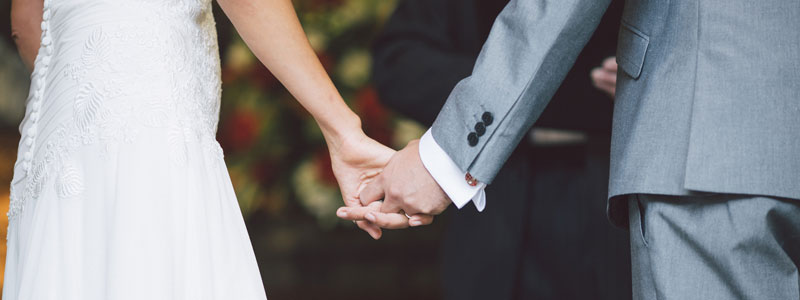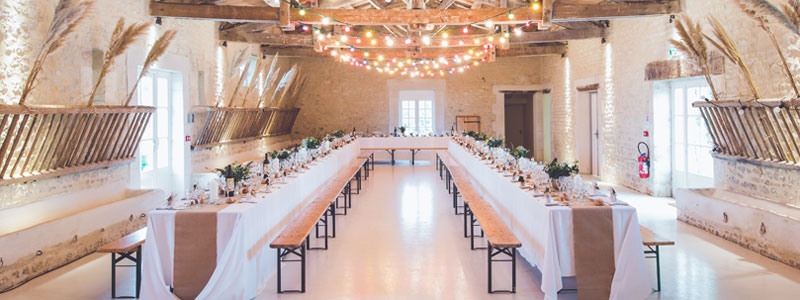Who’s Responsible for Injuries at a Wedding?
When you have a lot of friends in their early 20s and 30s, you may notice that every other weekend involves some kind of wedding, bridal shower, or bachelorette party. Some may attend as many as a dozen weddings in a year, which adds up to a lot of free steak dinners. However, these celebrations […]

Available 24/7
Free Case Review
You won’t pay any fees until we win your case.
It’s easy - you can:

